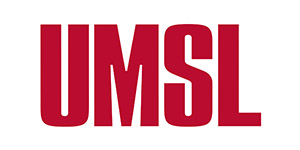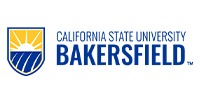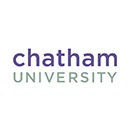Programme Type: Postgraduate
Course Overview
They treat cancer patients with x-rays using highly sophisticated equipment. They are also responsible for ensuring that treatment planning and delivery are achieved with absolute precision.
In the treatment of cancer, accuracy is paramount and a variety of highly specialised equipment is available within Radiotherapy Departments to achieve this. Computerized Tomography (CT) simulators employ the latest technology to localise tumors.
The PgDip programme is an accelerated programme over two years, for graduate students who already have a Level 6 qualification. Building on graduate skills you'll develop an enquiring, reflective, critical and innovative approach to Therapeutic Radiography within the context of the rapid changes occurring in the health service.
Radiotherapy as a career
On successful completion of the course, you'll be eligible to register with the Health and Care Professions Council (HCPC) as a therapeutic radiographer.
From helping plan and administering treatment to explaining it to patients and assessing their responses, therapeutic radiographers are involved in every stage of the treatment process.
Therapeutic radiographers work closely with professionals from other disciplines, are involved in the care and support of the cancer patient and their families through all parts of the patient pathway from the initial referral through to treatment review and follow-up stages. They are predominantly responsible for treatment for the accurate localisation, planning, and delivery of ionising radiation.
Therapeutic radiographers need excellent interpersonal skills and emotional resilience as they deal with patients and their families at very difficult and emotional times. Making patients feel comfortable and guiding them through the process can be as important as the technical skills required for this role.
Career progression
Through the acquisition of a wide range of transferable skills such as psychosocial, organisational, management, technical and scientific skills, individuals are well prepared to work in any situation that best suits their individual expertise and interest. Working as a consultant practitioner is one common career path as well as management, research, clinical work and teaching.
After qualification, clinically experienced therapeutic radiographers may gain additional specialist skills and expertise through the postgraduate, post-registration and continuing professional development frameworks.
Entry Requirement
Academic Requirements:
It is anticipated that applicants will have a wide variety of academic backgrounds, but they should ideally possess:
- A Bachelor degree second class Honours Upper Division (2:1) in a subject related to science or health, for example, physics, biology, health sciences
- Consideration will also be given to other relevant qualifications recognised as equivalent to the above
- All applicants must be 18 years or over at the commencement of the course.
All offers of places on the programme are conditionally based on:
- Satisfactory outcome at interview
- Occupational health clearance;
- Satisfactory outcome of a Disclosure Barring Service (DBS)
- Satisfactory clinical visit report
For those whose English is not their first language must achieve a minimum score of 7.0 overall or equivalent with not less than 7.0 in the listening and reading sections and not less than 7.0 in the writing and speaking sections for the International English Language Test Score (IELTS) at the time of application.
Fees
Therapeutic Radiography MSc (Top-Up)
- UK fee: £2898
- International fee: £4823.34
Therapeutic Radiography PGDip.
The fee shown is for 2020/21
- UK fee: £9250
- International fee: £16500
Total course fee:
- UK £18500
- International £33000
This information was accurate on : 06/05/2021
Please contact us for more information about this courses


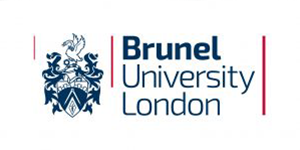
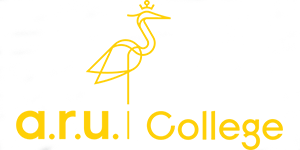



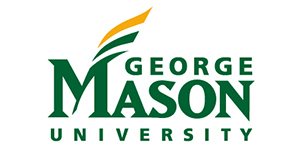
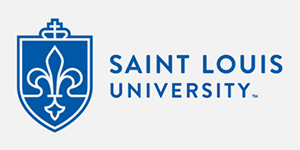

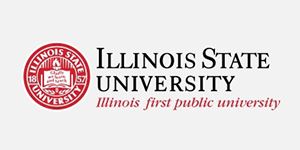
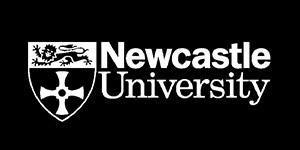
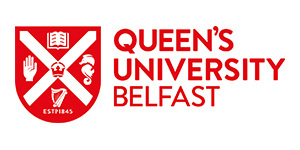




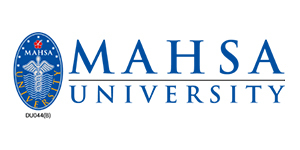




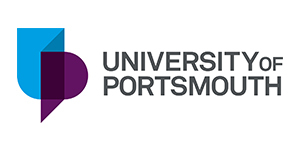
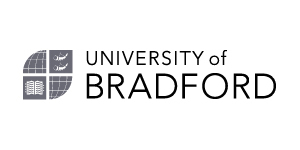

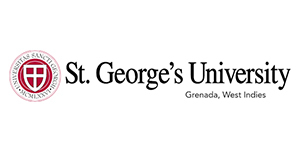



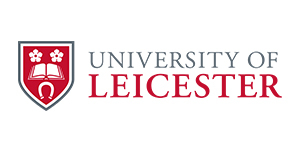








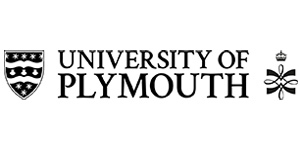
.jpg)

.jpg)

